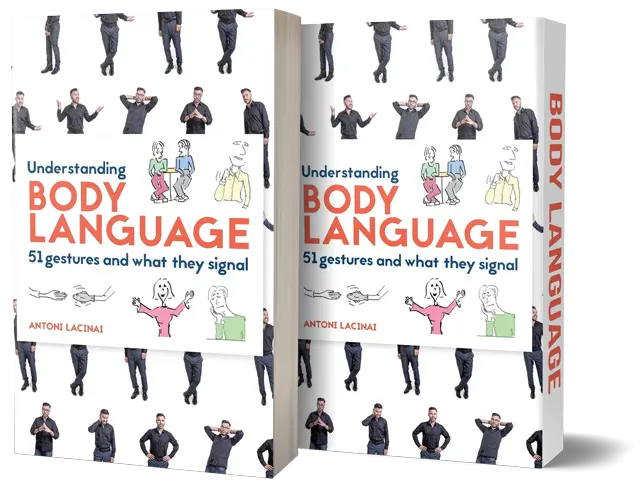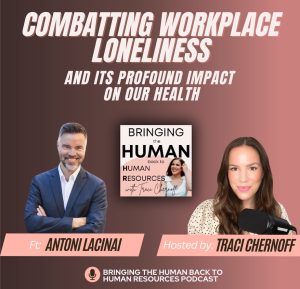Team Antoni
I asked my son this question when he was only six years old. His answer was priceless!
Now he is 18. And I still haven’t forgotten his wise words. In fact, I share it in many of my keynotes when I speak about communication and engagement. Even large corporations can get value from six-year-olds.
#communication #listening #engagement
Team Antoni Explains
In today’s fast-paced world, effective communication plays a essential in our personal and professional lives. However, it’s crucial to recognize that there’s a significant difference between hearing and listening. This article will delve into the disparities between these two terms and shed light on the importance of active listening in fostering understanding and meaningful connections.
What is Hearing?
Hearing is the fundamental physiological process of perceiving sound. Our ears enable us to detect and receive auditory stimuli, allowing us to be aware of the world around us.
The ear, a marvel of biological engineering, captures sound waves and transforms them into electrical signals that the brain interprets as sound. However, hearing is a passive act characterized by the involuntary reception of sounds without necessarily actively engaging with them.
What is Listening?
Unlike hearing, listening is an active and intentional process. It involves the physical act of perceiving sound and the cognitive and emotional engagement required to comprehend and interpret the information being conveyed. Listening is an active choice to focus our attention and use our mental faculties to make sense of the sounds we hear.
Key Differences Between Hearing and Listening
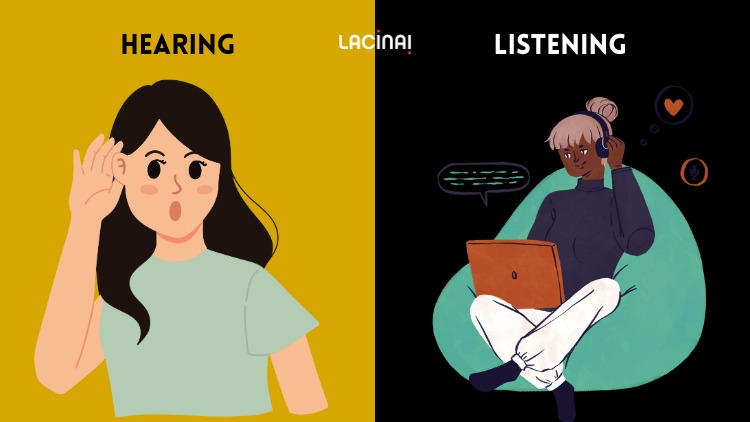
| Hearing | Listening |
| Hearing is when your ears pick up sound. | Listening is when you pay attention and understand what the sound means. |
| You can hear without trying. | You need to focus to listen. |
| Hearing doesn’t always mean you understand. | Listening means you understand the message. |
| You can hear even if you’re not paying attention. | Listening requires paying attention. |
| Noise can affect hearing. | Listening requires ignoring distractions. |
| Hearing is the first step in understanding. | Listening helps in understanding and connecting with others. |
| Hearing is a body function. | Listening involves thinking too. |
| Hearing happens automatically. | Listening requires you to think and process. |
1. Engagement:
Hearing is passive while listening demands active participation. Listening requires us to consciously direct our attention toward the speaker or the source of the sound, signaling our intent to engage and understand.
2. Understanding:
Hearing detects sounds, while listening involves comprehension and interpretation. Listening goes beyond the surface-level perception of sounds and seeks to extract meaning, understand context, and discern the speaker’s intent.
3. Attention:
Hearing can be involuntary, but listening necessitates deliberate focus and concentration. It requires us to block out external and internal distractions and channel our energy toward the speaker or the auditory information we seek to understand.
Communication: The difference between hearing and listening – Antoni Lacinai, Keynote speaker
https://www.youtube.com/watch?v=Sm1EnJvWIdw
Importance of Listening Skills
Developing effective listening skills has numerous benefits in various aspects of our lives:
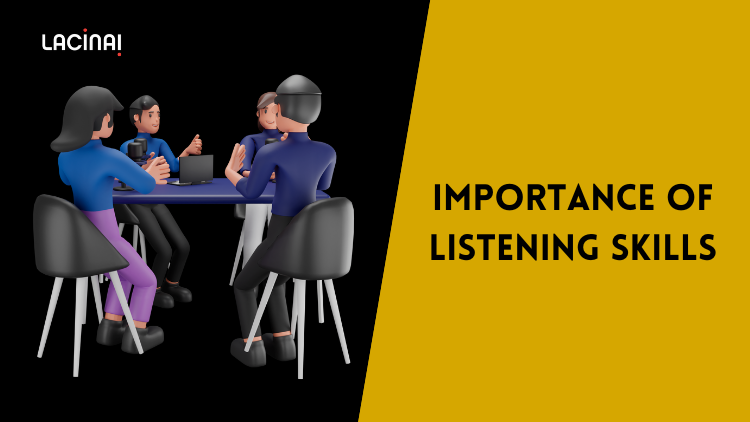
1. Effective Communication:
Active listening enhances our ability to communicate effectively. By truly listening to others, we can grasp their perspectives, needs, and emotions, fostering understanding and empathy.
2. Building Relationships:
Genuine listening forms the foundation of strong relationships. When we actively listen, we convey respect, validation, and genuine interest, strengthening connections and fostering trust.
3. Learning and Growth:
Listening plays a vital role in acquiring knowledge and broadening our horizons. By actively engaging with new ideas and perspectives, we open ourselves up to new insights, expand our understanding, and facilitate personal and intellectual growth.
Common Barriers to Effective Listening
Several barriers can hinder effective listening:
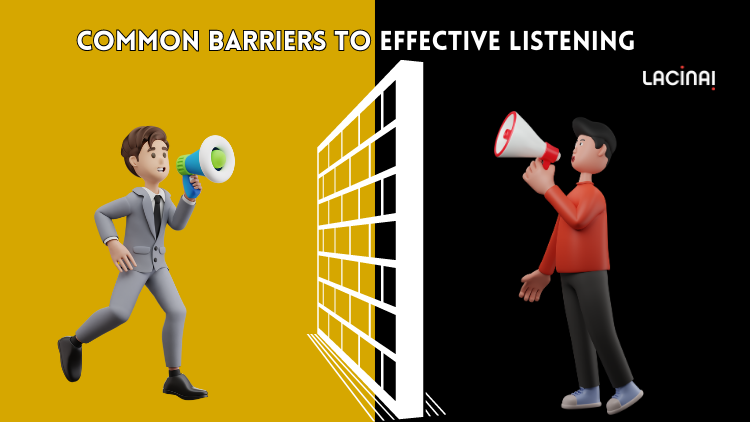
1. Distractions:
External factors such as noise, interruptions, and technological devices can divert our attention and prevent us from fully engaging in the listening process. Additionally, internal distractions, such as preoccupying thoughts, can hinder our ability to concentrate.
2. Preconceived Notions and Biases:
Our pre-existing beliefs, biases, and assumptions can color our interpretation of what we hear, leading to misun3derstandings and miscommunication. Overcoming these biases requires self-awareness and a willingness to challenge our own perspectives.
3. Lack of Empathy and Openness:
When we approach listening with a closed mind or lack empathy for the speaker, we limit our ability to understand their message truly. Being open-minded and empathetic allows us to create a safe and supportive environment for effective communication.
Improving Listening Skills
Enhancing our listening skills is a continuous process that requires conscious effort. Here are some strategies to become better listeners:
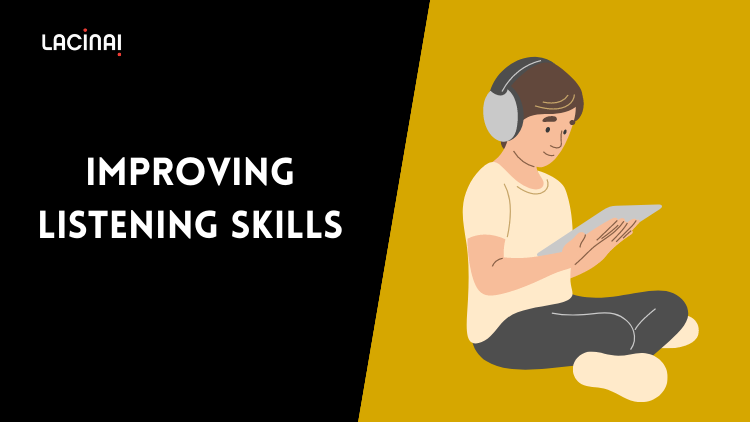
1. Practicing Active Listening Techniques:
Techniques such as paraphrasing, asking clarifying questions, and providing feedback demonstrates our engagement and help us better understand the speaker’s message.
2. Enhancing Focus and Concentration:
Cultivating mindfulness can improve our ability to concentrate and actively listen. Practicing mindfulness exercises can train our minds to stay present and reduce distractions.
3. Developing Empathy and Openness:
Fostering empathy involves actively seeking to understand others’ perspectives, suspending judgment, and approaching conversations with an open mind. Empathy enhances our ability to connect and comprehend others’ experiences.
Read More:: 5 reasons why people keep misunderstanding your intention
Conclusion about difference between hearing and listening
In a world filled with noise and distractions, listening stands as a powerful skill that allows us to bridge gaps, connect deeply with others, and gain valuable insights.
By understanding the difference between hearing and listening and actively cultivating our listening skills, we can foster effective communication, build stronger relationships, and embark on continuous learning and growth. Let us embrace the art of listening and transform the way we engage with the world around us.
Frequently Asked Question
The main distinction between hearing and active listening is that hearing is the ability to perceive sounds, while active listening involves fully engaging with and comprehending the message being communicated.
Listening skills contribute to effective communication by allowing individuals to understand and interpret information accurately, respond appropriately, and build stronger connections.
Active listening improves communication within personal relationships by fostering better understanding, empathy, and trust. It shows genuine interest in the speaker, promotes open dialogue, and reduces misunderstandings.
When we hear sounds, the brain processes them through the auditory system. Sound waves are transformed into electrical signals that travel to the brain, where they are interpreted and assigned meaning, enabling us to perceive and recognize different sounds.
Attention is essential in listening because it allows us to focus on and absorb the information being shared. With proper attention, distractions can help comprehension and effective communication.
There are practical strategies to enhance active listening skills, such as maintaining eye contact, avoiding interruptions, summarizing or paraphrasing the speaker’s message, asking clarifying questions, and being aware of one’s biases and assumptions. Engaging in activities like mindful listening exercises can also help improve listening abilities.

